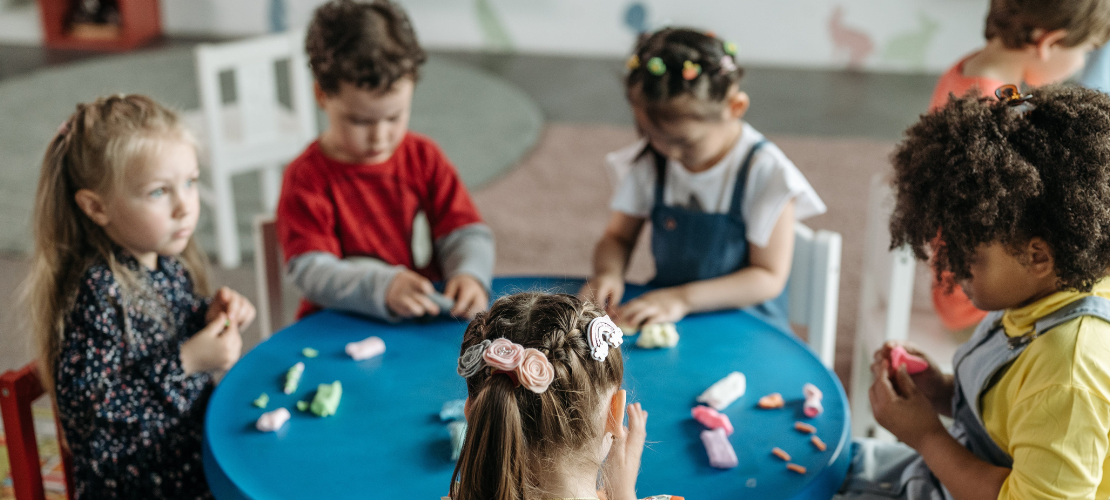Many school districts across BC are working diligently with early years sector partners to strengthen relationships between service providers and schools in an effort to not only support children’s transition into kindergarten, but also to grow early learning and child care opportunities for families.
Child Development Monitoring System data, particularly Early Development Instrument (EDI) and Childhood Experiences Questionnaire (CHEQ) data, are useful sources of information to support these cross-sector early learning discussions and partnerships. These data provide a starting point for reflection on the developmental health, early experiences and well-being of children and their families across BC communities.
Along with collecting data from other Monitoring System tools, Rocky Mountain School District was an early champion of the CHEQ. As a part of the district’s planning at the start of the school year, Rocky Mountain School District uses CHEQ data annually to note areas of experience that could be built upon through early years programming and primary school curriculum.
Rocky Mountain School District was part of the UBC Early Years Conference 2024, presenting about how they used CHEQ data to inform early years strategies in their district. View Presentation Slides
In the spring of 2021, Crystal MacLeod was new to her role as District Vice-Principal of Early Learning, with a portfolio that included expanding early learning and child care opportunities in the region. MacLeod reached out to HELP to co-host a session to bring together the early years sector and school district staff involved in early learning to introduce her role and review and reflect on the district’s CHEQ and EDI data together.
In the time that followed, MacLeod has embarked on an environmental scan of early years and child care programs and services in the district, toured community facilities, and met with early years professionals challenges within the district.
This scan identified gaps and opportunities in the region — it was clear that more child care, preschool, and after-school programs were needed across communities in the district. It was also clear to the Rocky Mountain Early Learning team that strengthening relationships between early years sector and school staff would foster better connections between families, community programs, and schools. In response, several new initiatives have been established since 2021 including the Kindergarten – Early Childhood Educator (K-ECE) Collaboration.
Unique to Rocky Mountain School District, the K-ECE Collaboration provides educators from child care facilities and kindergarten teachers with release time to observe and interact in each other’s classrooms. The goals of the K-ECE Collaboration are “to build understanding about what teaching and learning looks like in both environments, to spark conversation and collaboration, to gain respect and appreciation for the work that is done by ECEs and K-teachers, and to ease the transition into kindergarten for children.”
In addition to great participation rates from kindergarten teachers and several child care programs, Rocky Mountain School District early years professionals have continued to deepen their connection through dinner meetings in the communities, debriefing their visits and planning next steps at these gatherings. These meetings are facilitated by the new Principal of Early Learning, Glenn Goslin.
The K-ECE Collaboration has plans to continue its expansion into new child care programs moving forward, with a focus on collaborations for lesson planning between kindergarten teachers and early childhood educators using the Early Learning Framework.
Rocky Mountain School District’s Early Learning & Child Care Annual Report provides more information about the K-ECE Collaboration, as well as other early years projects including the development of new licenced toddler to school-aged child care spaces at school sites.
View 2022-23 Annual ReportTo learn more about early leaning initiatives across the province, click here.
